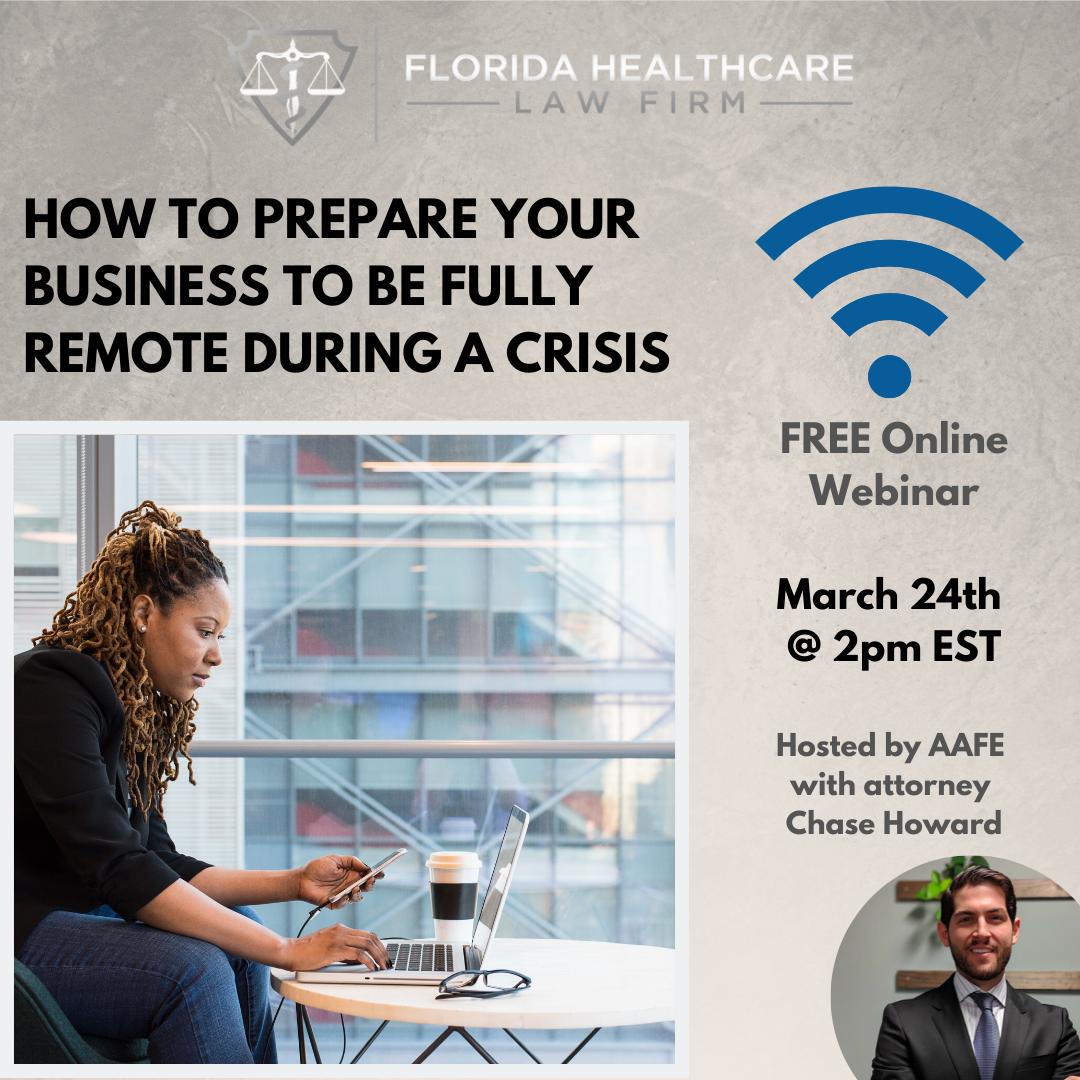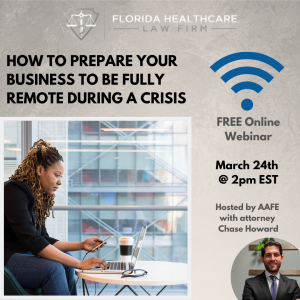 By: Susan St. John
By: Susan St. John
CMS has rolled out a telehealth/telemedicine tool kit to assist medical professionals with health care delivery during the current COVID-19 public health emergency.
The toolkit contains information and links concerning:
- 1135 Waivers – allows the Secretary of HHS to temporarily waive or modify certain Medicare, Medicaid, and Children’s Health Insurance Program (CHIP) requirements to ensure sufficient health care services and items are available to meet the needs of individuals enrolled in Social Security Act programs during the emergency and that providers who provide services in good faith can be reimbursed and exempted from sanctions (provided there is no determination of fraud and abuse). 1135 waiver or modifications include:
- Conditions of participation and other certification requirements;
- Program participation and similar requirements;
- Preapproval requirements;
- State licensing requirements where services are rendered as long as the provider has equivalent licensing in another State (for Medicare, Medicaid, CHIP reimbursement only; State licensing still controls whether a non-Federal provider may provide services in a state he/she is not licensed in);
- EMTALA sanctions for redirection for medical screening, as long as redirection is not the result of discrimination on the basis of a patient’s source of payment or ability to pay;
- Stark self-referral sanctions;
- Adjustment (not waiver) to performance deadlines and timetables;
- Limitations on payment to permit Medicare enrollees to use out of network providers in an emergency situation.



 Join Florida Healthcare Law Firm Attorney Chase Howard on our
Join Florida Healthcare Law Firm Attorney Chase Howard on our 

 Monday, April 29, 2019, the Florida House and Senate came to agreement on a new Telehealth bill (
Monday, April 29, 2019, the Florida House and Senate came to agreement on a new Telehealth bill (
 By:
By: 
 By:
By:  By:
By:  By:
By: